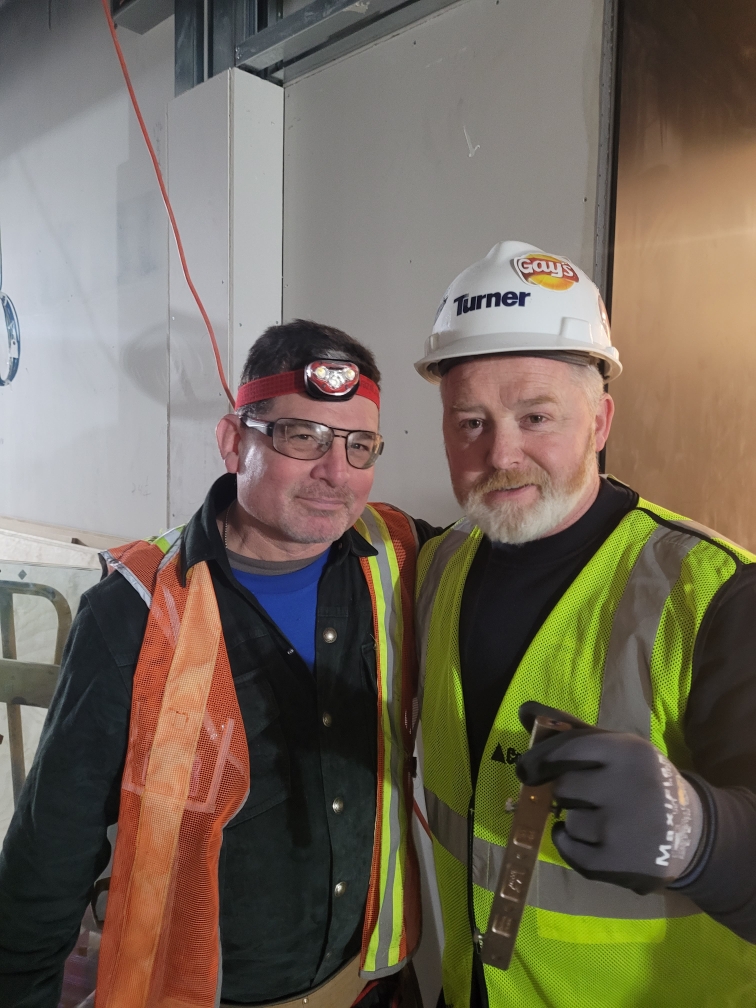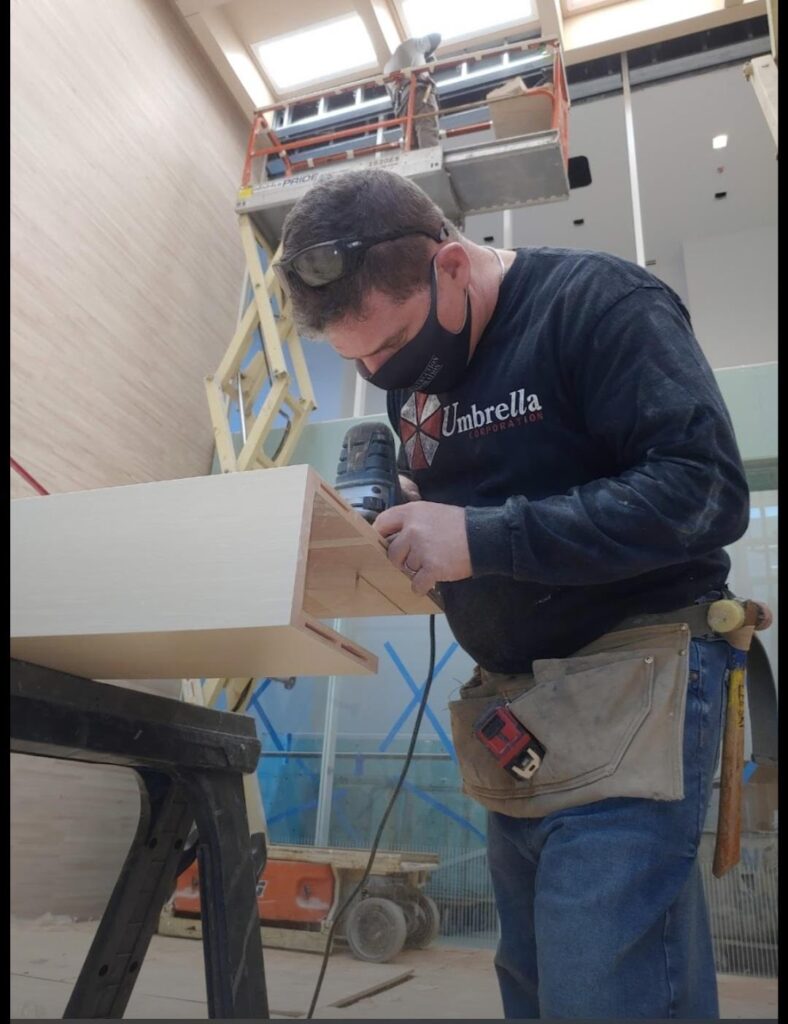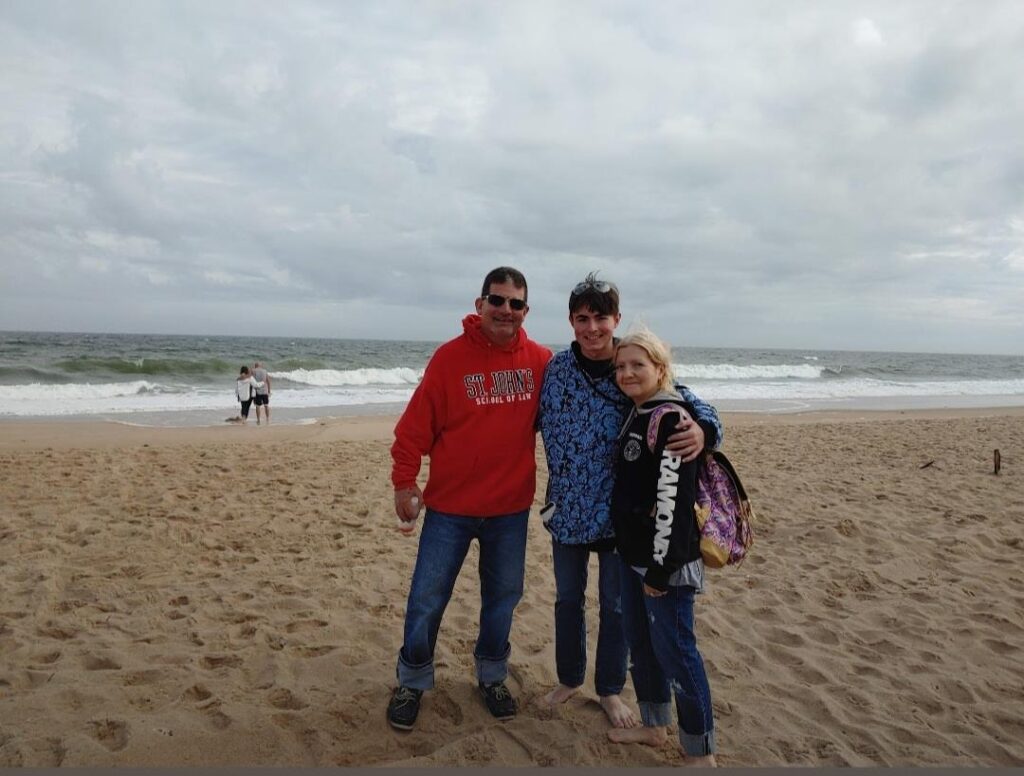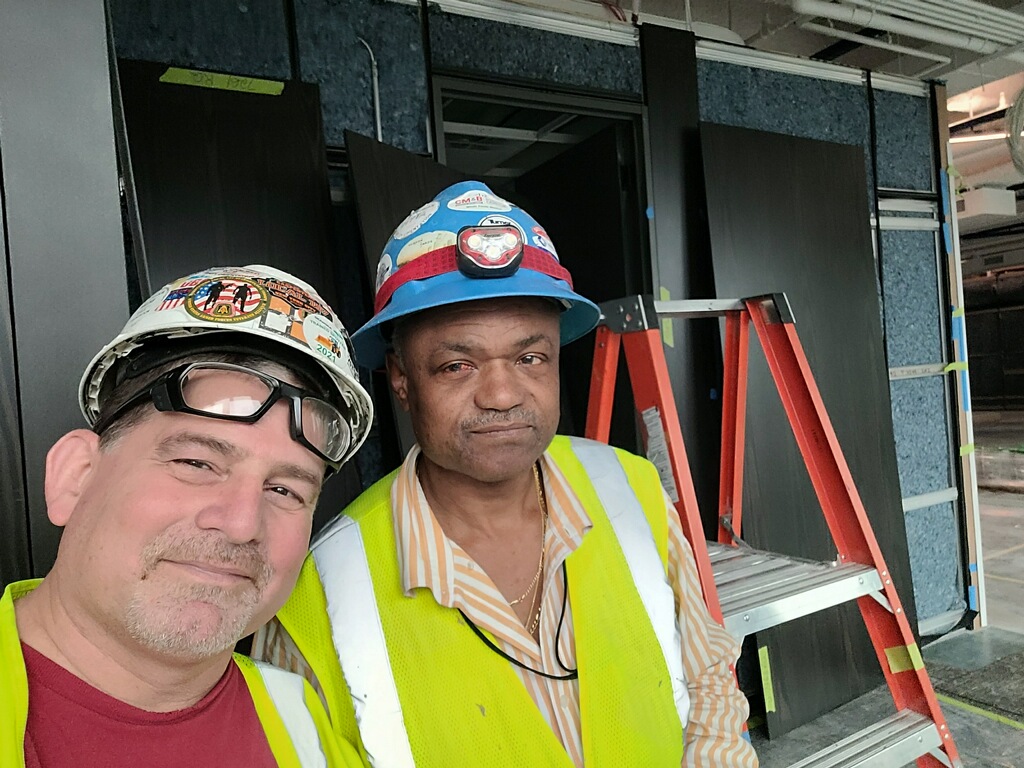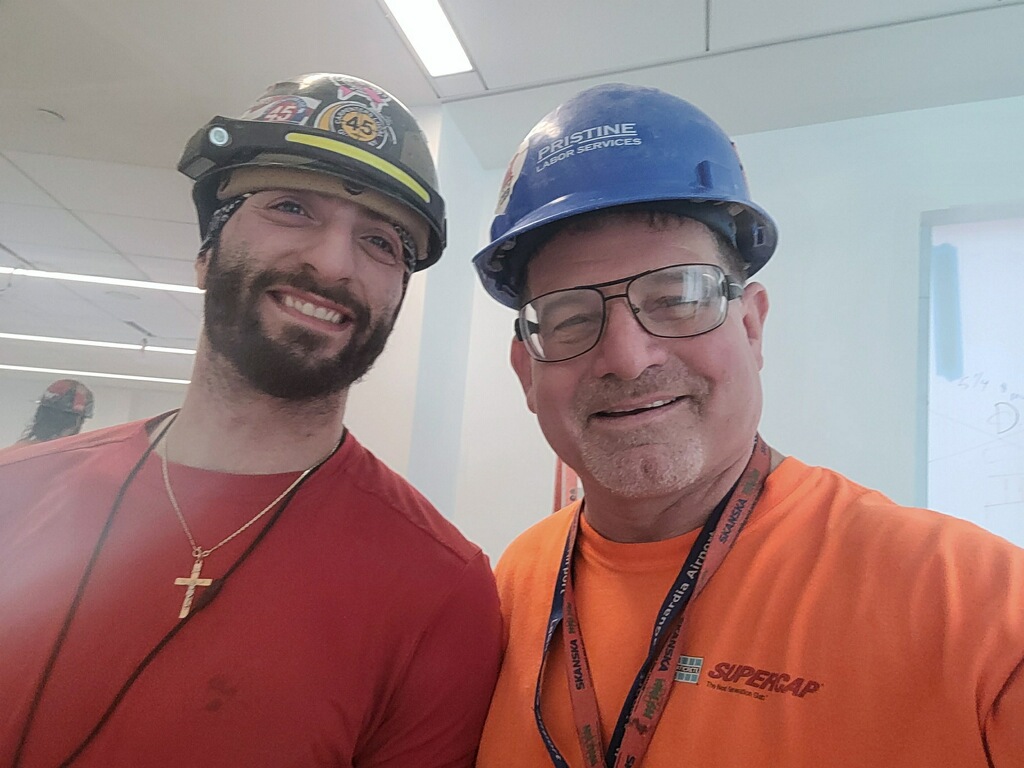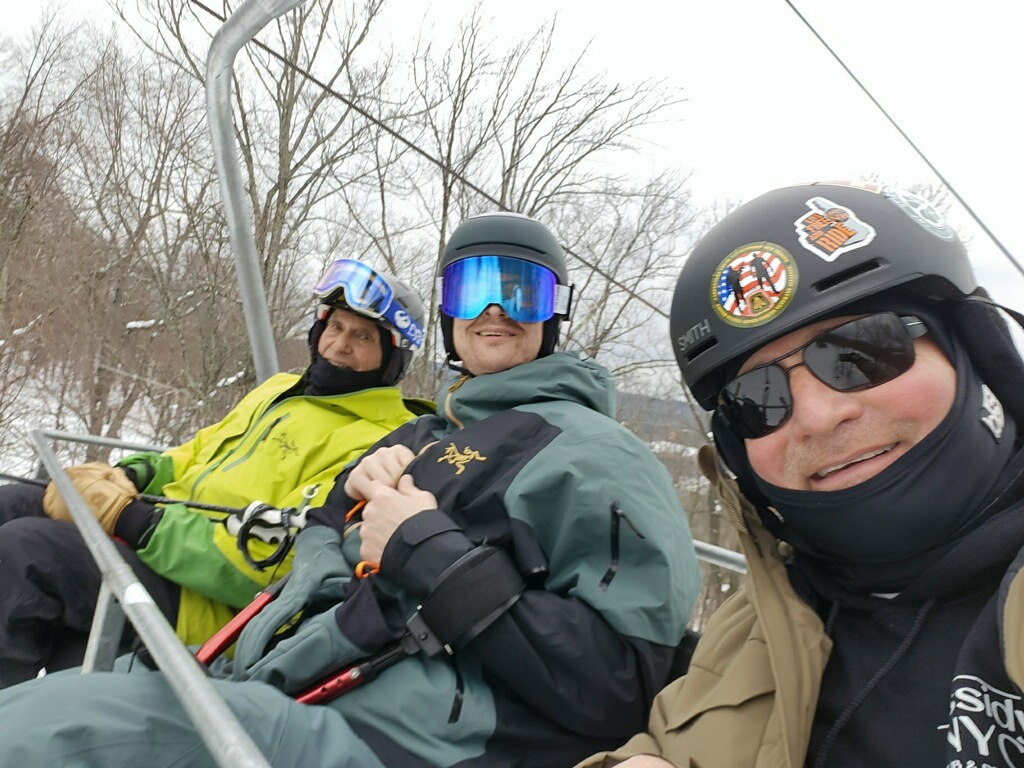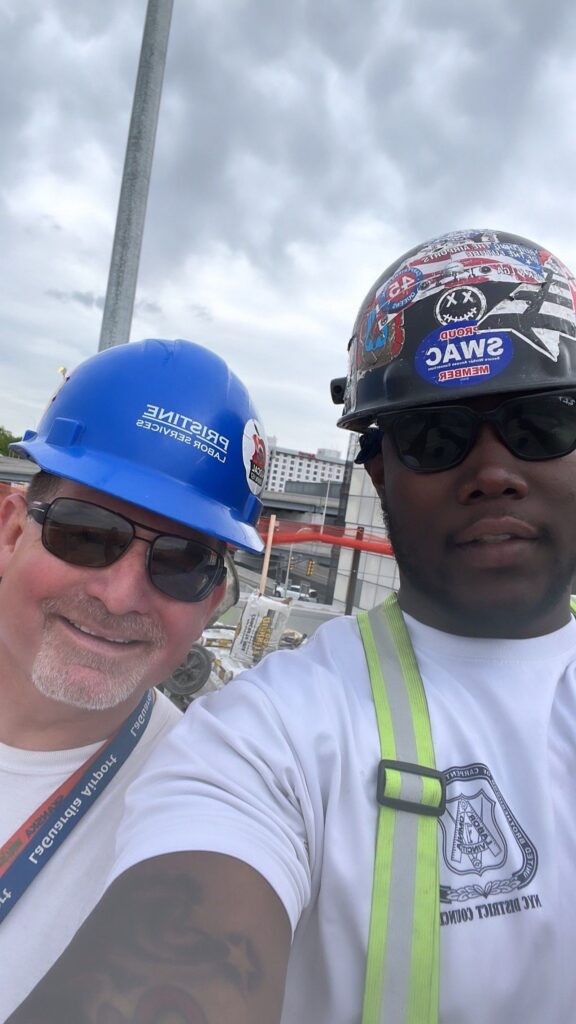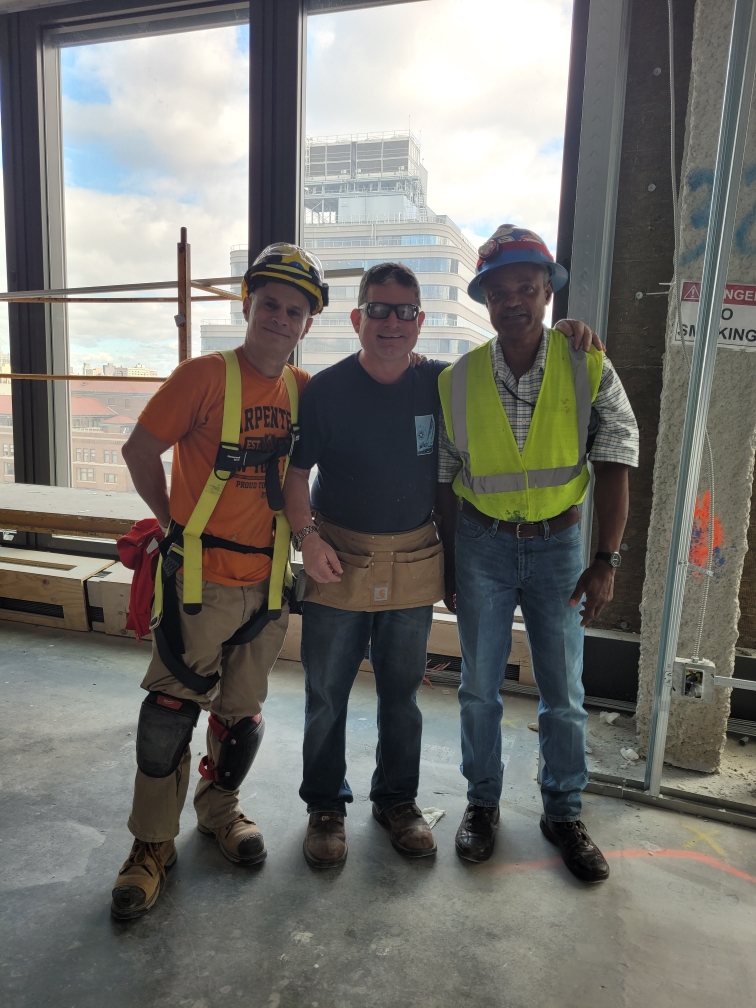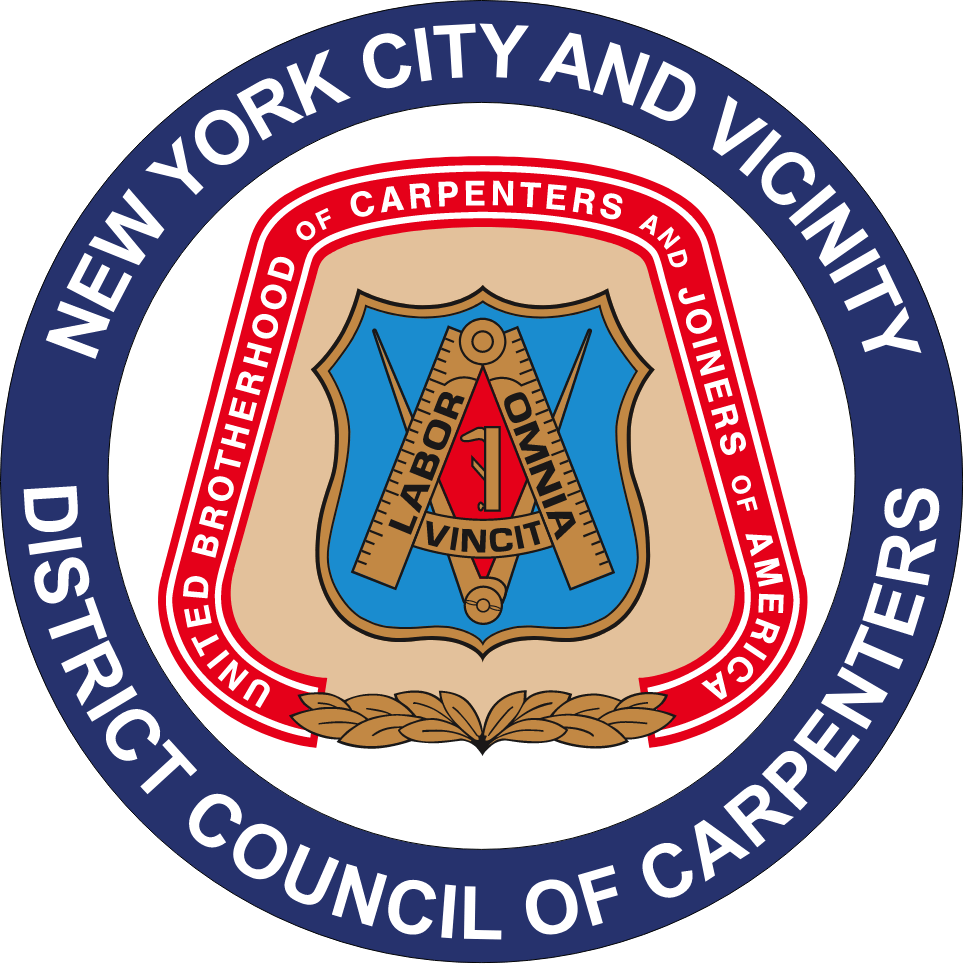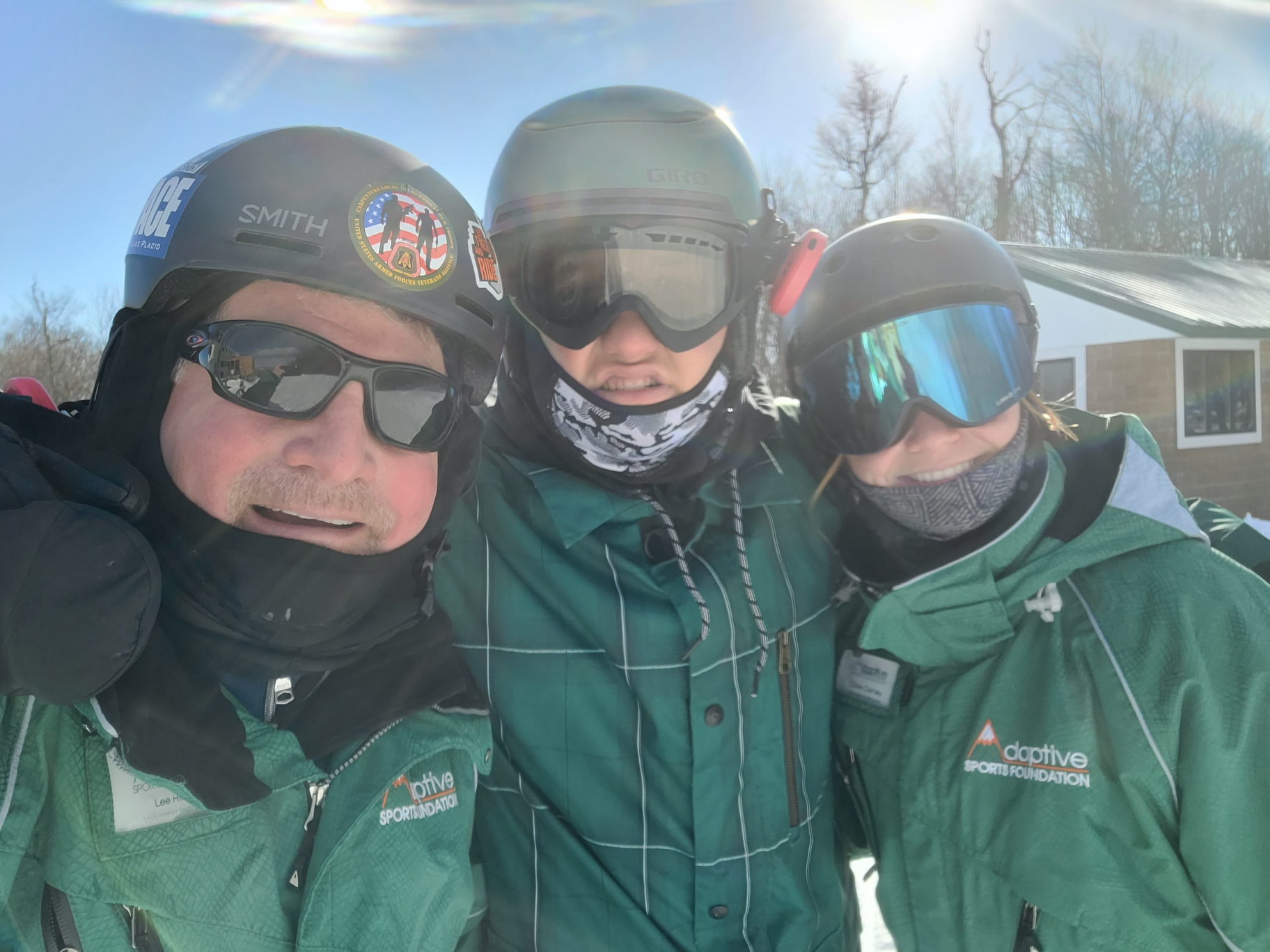With four decades of experience in the NYC Carpenters Union, Local 157 member Lee Hirsch has worn nearly every hat this trade can offer—journeyperson, shop steward, foreperson, superintendent. If the position exists on a job site, chances are Lee has done it. Like so many members in our brotherhood, his journey into union carpentry began with a simple but life-changing realization: only a strong union career could provide him the stability and future he wanted for himself and his family.
Lee’s path wasn’t always aimed toward construction. As graduate of SUNY Oneonta, Lee originally planned to work in the film industry. While he found work at a new film studio in Long Island, he realized that raises and benefits weren’t guaranteed. “About two years into my first job I was running the place but only making $350 a week with no benefits. I asked my boss for a raise to $550 a week, and he laughed at me.”
As luck would have it, there was a crew of union set builders who happened to be working at the studio. Seeing Lee dejected over the not getting the raise one of them pulled Lee aside and said, “Hand in your walkie talkie and ID badge and come work with us in the construction business.”
“It was incredible. I went from earning $350 a week to making $2,000 a week. That’s how I started in the construction field. I loved working on Long Island, and eventually I was given the opportunity to go work in the big city! I got a call from a buddy of mine who had a job at the Plaza Hotel. But the only way I could work on the project was if I joined the NYC District Council of Carpenters. It was daunting, but I knew I was ready to make the jump. I went that very day and joined Local 157 (then 608) and never looked back. My initiation fee was two or three hundred bucks, and I swear that money had the best return on investment than any other stock on Wall Street.”
Lee joined the union during a construction boom and has contributed to some of the city’s most iconic projects, including Terminal One at JFK Airport and the redevelopment of LaGuardia. For a time, he even co-owned a union company, Quinlam and Hirsch. “It was a great experience, very profitable, but I hated chasing money and eventually made the jump back to working as a member.”
Lee can surely say he’s found a lot of success within our union, but Lee’s talents go beyond union carpentry. On weekends, he dedicates his time to teaching skiing to wounded veterans and autistic children through the Adaptive Ski Program at Windham Mountain in Upstate NY. “I had always been a lifelong skier, and I wanted to pass that passion onto my son. When he was a child, I took him to the slopes to teach him to ski, and I discovered this group called the Adaptive Ski Program. I learned that they relied on volunteer instructors to help teach injured veterans and children with autism. I instantly felt a calling and began donating my weekends to the organization.”
It’s a demanding commitment to teach a high-intensity sport to students with complex needs, but Lee approaches it with the same heart and dedication he brings to the job site, where he has a reputation for being a jack of all trades..
“One of the secrets to my longevity in the union comes from the fact that I do woodwork, drywall, stretch wall, and so on. I do all aspects of the trade, from walls to ceilings to shows. I’m constantly encouraging our younger brothers and sisters to take as many classes as they can at the Carpenters Training Center. The member with all the skills will never struggle finding work.”
While union carpentry and skiing couldn’t be further apart, Lee has utilized his skills from both areas of his life. While he encourages his fellow union members to learn the trade skills to be successful, he has the same mindset when it comes to teaching wounded veterans or autistic children the skills needed to enjoy skiing.
“I’m blessed to say that my career has imparted skills onto me that make me so impactful with the students I work with in Adaptive Ski Sports. I might have a student with autism, and they can’t communicate, but I’ll never brush them off. You stay with them, get on their level, show them the steps to ski or snowboard, and watch them take off. It’s extremely rewarding.”
Whether it’s a seven-year-old who’s nonverbal or a veteran who served in Afghanistan, Lee never knows who he’ll be working with until they meet. But he sees his role the same way he does on a construction site: to lead, to teach, and to give everyone a fair chance to succeed. Now approaching retirement, Lee plans to work for another two years before devoting even more time to adaptive skiing. Thanks to the benefits secured through the union, he knows his retirement will be one of dignity and comfort.
“I’ve loved every second of being in the union,” he says. “It gave me an education, safety training, and the chance to advocate for my brothers and sisters. It allowed me to provide for my wife and my son—my entire world. There are no words for how lucky I feel to have found this union.”
